Development of Magnesium-Dominant Soils Under Irrigated Agriculture in Southern Kazakhstan

Authors:
Irrational irrigation practices in the Arys Turkestan Canal command area in the southern part of Kazakhstan have led to the formation of soils with poor physical and chemical properties. To study whether irrigation and leaching practices and/or groundwater rise have contributed to the accumulation of Mg2+ on the cation exchange complex of these soils, historical changes in soil and groundwater quality were used as source data and the Visual MINTEQ model was applied to analyze the chemical composition of water and soils in the study area. The imposed irrigation regime and the leaching of light sierosem soils led to the dissolution and subsequent leaching of inherent gypsum and organic matter from the soil profile. Further, the domination of bicarbonate in the irrigation water promoted weathering of the carbonate minerals present as calcite. The higher concentrations of Mg2+ in comparison to Ca2+ in the irrigation water resulted in the replacement of Na+ by Mg2+ on the cation exchange complex. In the lower part of the command area, shallow groundwater has contributed to the accumulation of Na+ and to a large extent of Mg2+ on the cation exchange sites.
